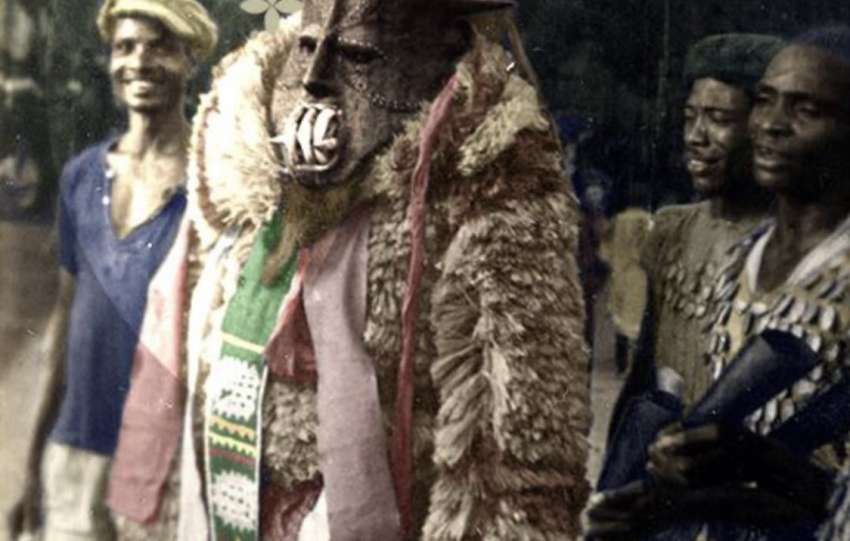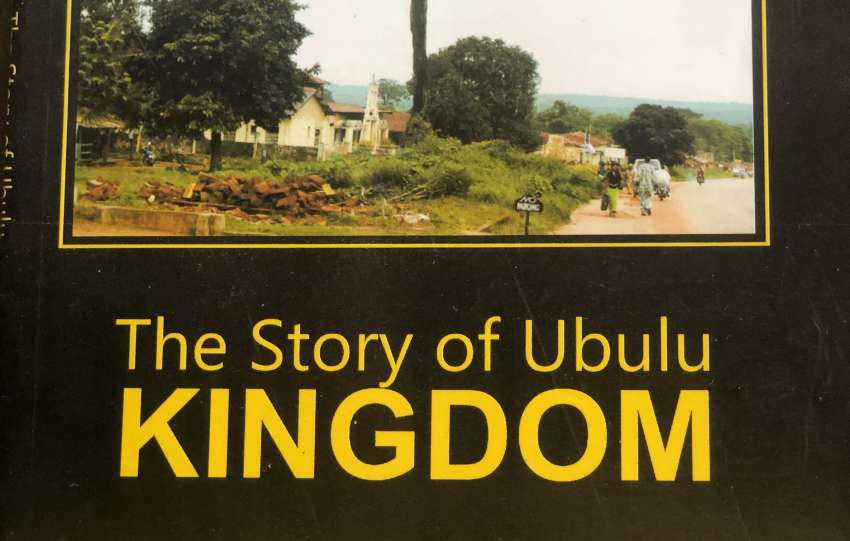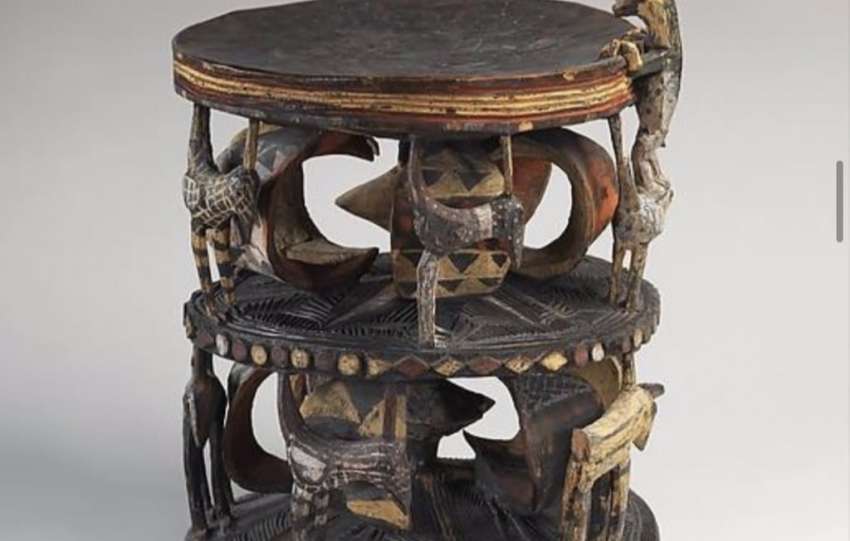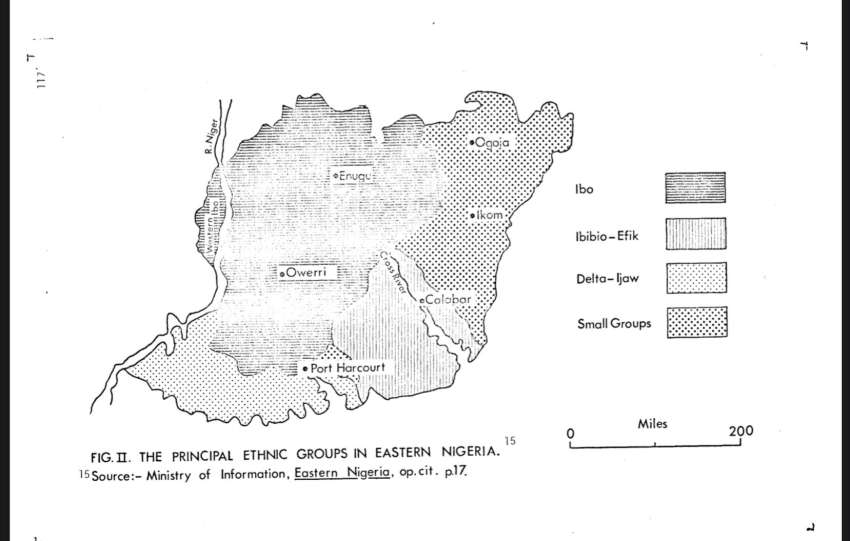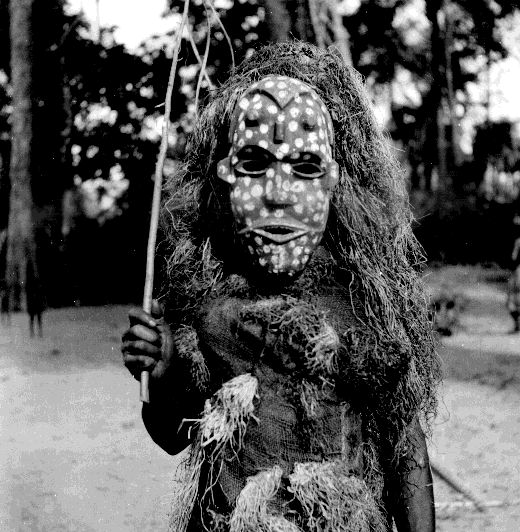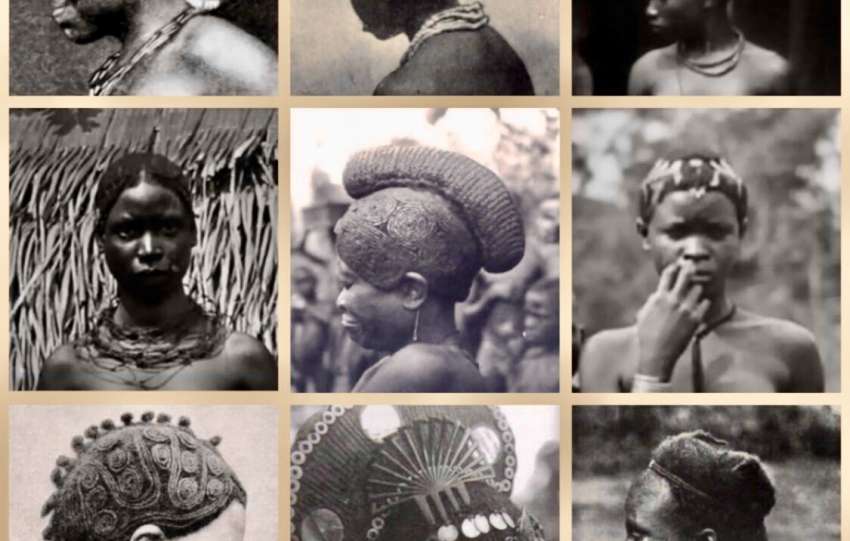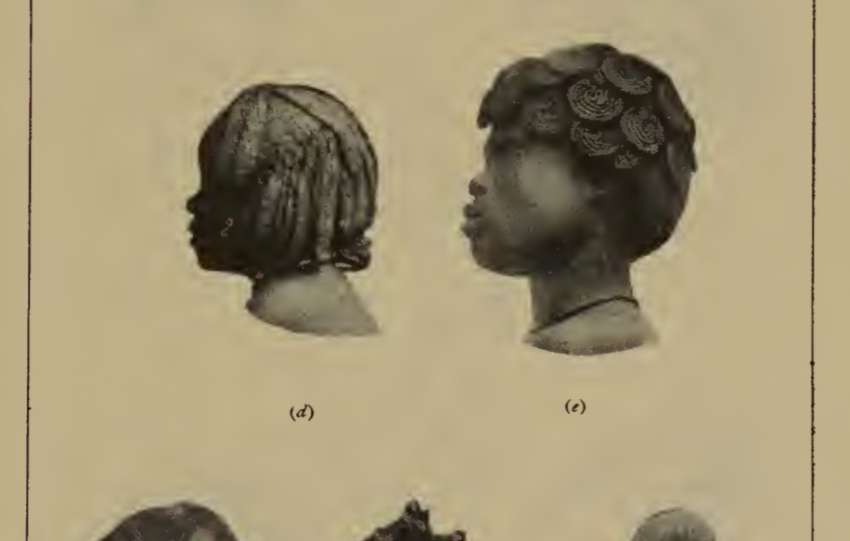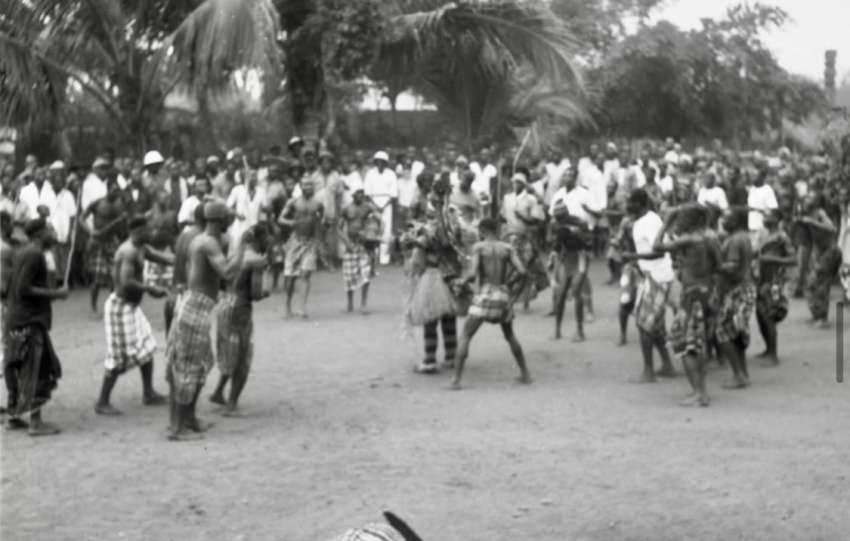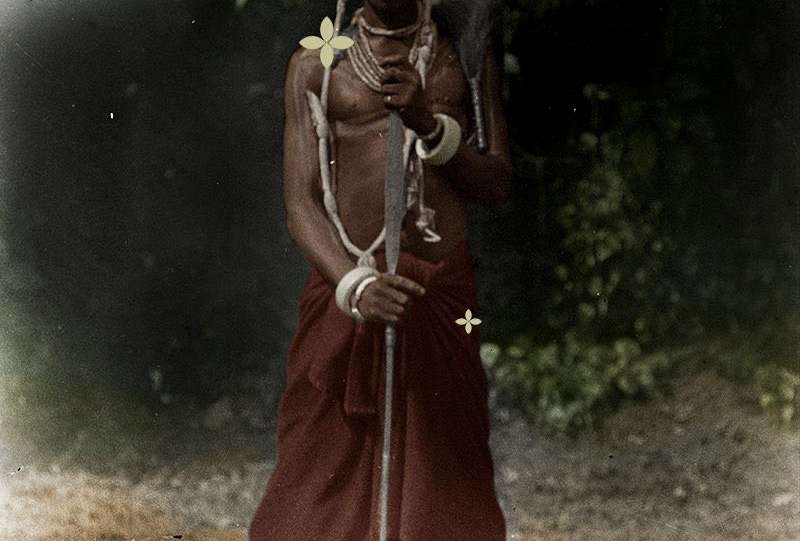Nwaotam Masquerade Play at Akirika Ukwu-Ndoki in 2021, Photographed by Ndoki Nmanma Nu Media Crew
WHO ARE THE OTTAM/OTAM PEOPLE?
The Ndoki people, before the popularization of the Name Ndoki were known as "Otam/Ottam" people. This was recorded in Captain Crow's Map and on the Dialect Mapping done by Rev. John Clarke in 1848 in …


